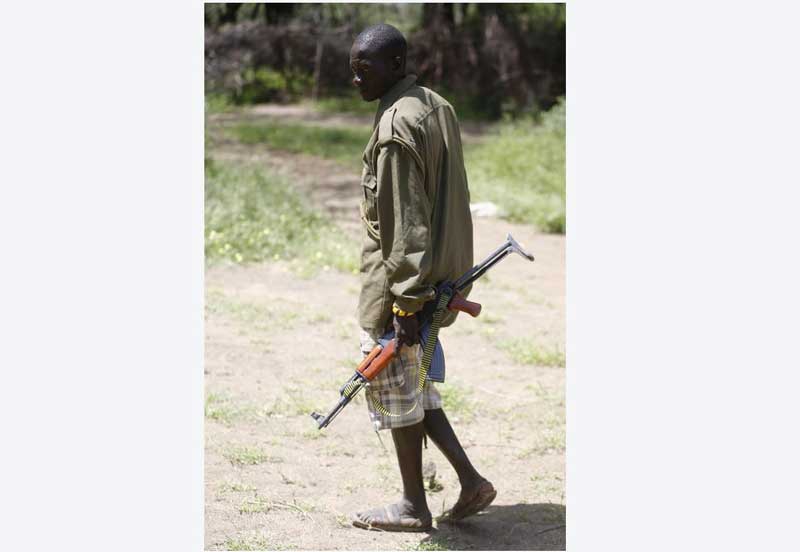×
The Standard e-Paper
Home To Bold Columnists

Kapedo, a trading centre on the border of Baringo and Turkana counties, has for a long time been the source of conflicts between local communities.
The Pokot and the Turkana have been fighting for control of the 18 acres on which the trading centre stands.